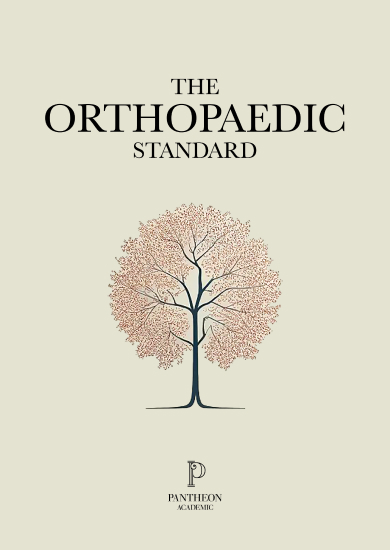Ethical Policy
Pantheon Academic is committed to upholding the highest standards of ethical conduct in all aspects of our publishing activities. This ethical policy applies to editors, authors, reviewers, and staff involved in The Standard Series.
We expect professionalism, transparency, and accountability throughout our processes. All ethical concerns are taken seriously, and any violations are investigated thoroughly. By fostering a culture of integrity and ethical publishing, we promote trust, accountability, and excellence in scholarly communication.
For Editors
For Authors
For Reviewers
For Editors ▼
- Fairness and Integrity: Ensure a fair and unbiased evaluation of manuscripts based solely on scientific merit, originality, and relevance.
- Confidentiality: Maintain the confidentiality of submitted manuscripts, disclosing details only to those directly involved.
- Conflict of Interest: Declare any conflicts of interest and recuse oneself from handling manuscripts when conflicts exist.
- Editorial Independence: Make decisions independently, free from external influences or commercial considerations.
- Ethical Oversight: Ensure adherence to ethical guidelines, particularly for research involving human or animal subjects.
For Authors ▼
- Originality and Plagiarism: Ensure work is original and properly cited; plagiarism is strictly prohibited.
- Data Integrity: Maintain accurate, reproducible data free from fabrication, falsification, or selective reporting.
- Authorship: Only list individuals who have significantly contributed to the research.
- Conflicts of Interest: Disclose any potential conflicts that may influence the findings.
- Ethical Research Compliance: Adhere to ethical standards and obtain appropriate IRB approval for studies involving human or animal subjects.
- Publication Ethics: Do not submit manuscripts to multiple journals simultaneously; disclose any prior dissemination.
For Reviewers ▼
- Confidentiality: Treat manuscripts under review as confidential documents.
- Objectivity: Provide fair, constructive, and unbiased reviews.
- Acknowledgment of Sources: Identify any uncited relevant research and report substantial similarities with existing publications.
- Conflict of Interest: Disclose any potential conflicts and decline reviews if impartiality is compromised.


